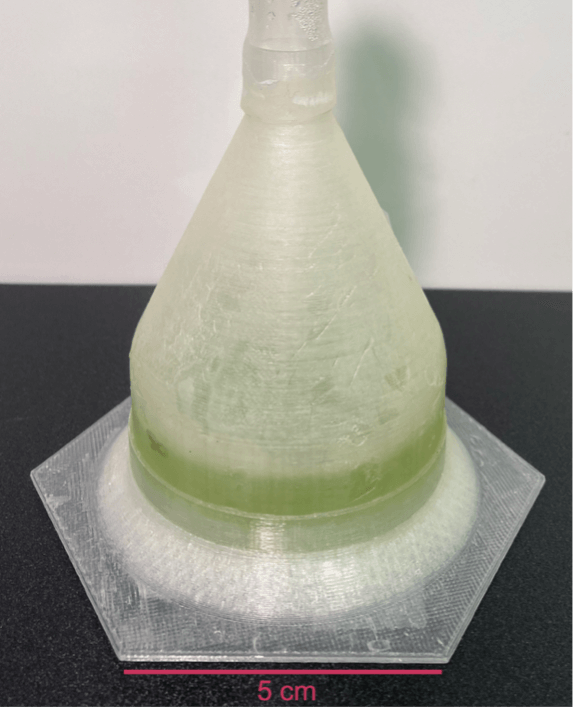Summary: Excessive stress during adolescence can lead to long-lasting changes in gene expression in the brain, particularly those related to bioenergy functions, and may contribute to behavioral issues and psychiatric disorders in adulthood. A study using a rat model showed that stressed adolescent rats exhibited anxiety, reduced sociability, and cognitive impairments, linked to changes in genes controlling mitochondrial function in the prefrontal cortex. These findings highlight the critical impact of adolescent stress on adult brain function and behavior.
Key Facts: Stress in adolescence can cause lasting changes in brain gene expression, particularly affecting mitochondrial respiration, crucial for neuron function. Behavioral assessments in rats exposed to adolescent stress showed marked impairments in anxiety, sociability, and cognition. The study found specific gene alterations in the prefrontal cortex of stressed rats, associated with oxidative stress and mitochondrial function.
Excessive stress during adolescence can lead to lasting gene expression changes in the brain, especially related to bioenergy functions. These changes may affect cell respiration, resulting in behavioral issues and psychiatric disorders in adulthood based on a study in rats conducted by researchers at the University of São Paulo’s Ribeirão Preto Medical School (FMRP-USP) in Brazil. The study’s findings are reported in an article published in the journal Translational Psychiatry. Adolescence is a crucial period for brain plasticity affected by social experience, according to Thamyris Santos-Silva, a researcher at FMRP-USP. She explained that changes in the expression profiles of specific genes in different brain regions due to social experience during adolescence can produce persistent alterations in adulthood related to psychiatric disorders.
Felipe Villela Gomes, a professor at FMRP-USP’s Department of Pharmacology, highlighted that this plasticity is seen at both the molecular level and behaviorally in the brain of an adolescent rat. The prefrontal cortex, a brain region highly susceptible to stress during adolescence, displayed a lower level of gene expression that plays a significant role in mitochondrial respiration in rats subjected to stress during this period. Through their research, the team found that stressed animals displayed a notably poor behavioral profile with anxiety, reduced sociability, and impaired cognitive function. The study also revealed that stressed animals had specific gene alterations in the prefrontal cortex associated with pathways linked to oxidative stress and mitochondrial function.
Future research for the team involves investigating whether this behavioral profile can predict an individual’s response to stress, and how it contributes to the development of psychiatric disorders. They also plan to assess genetic alterations and conducting tests to understand the links between stress and the identified alterations, potentially pointing towards measures to address them.
Original Research: Open access.
“Transcriptomic analysis reveals mitochondrial pathways associated with distinct adolescent behavioral phenotypes and stress response” by Thamyris Santos-Silva et al. Translational Psychiatry














